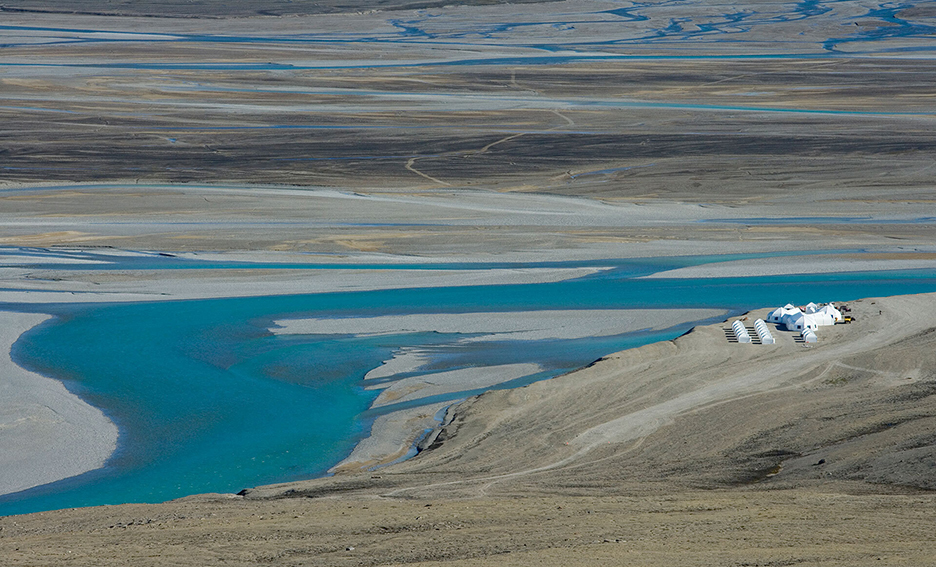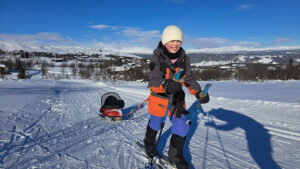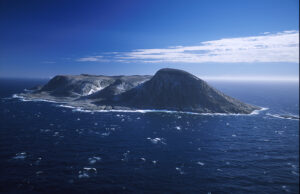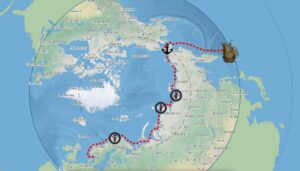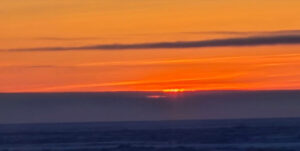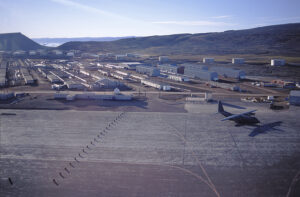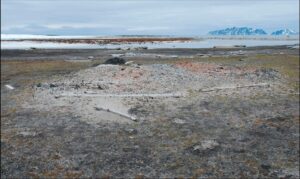Arctic Watch Wilderness Lodge, an arctic tourism destination operated by the Weber family, faced a sudden closure for the 2024 season following the unexpected revocation of its operating license by the Government of Nunavut in December 2023. The Weber family, who have a long-standing presence in High Arctic tourism, expressed shock and dismay at the decision at the time, citing “malicious and untrue accusations” as the basis for the license revocation.
Now, following a successful appeal lodged with the Nunavut Court of Justice, Arctic Watch can reopen for the 2025 season. The fly-in lodge, situated on the northern tip of Somerset Island along the shores of the Northwest Passage, consists of 16 private cabins. Guests can take part in various activities, including kayaking with beluga whales, fishing for arctic char, hiking, riding quad bikes, and watching arctic wildlife like polar bears and muskox. The base also hosts visiting scientists and environmental campaigners.
Founder Richard Weber is a celebrated polar traveler and guide, best known for his 1995 unsupported expedition to the North Pole and back with Mikhail Malakhov. Weber and his family purchased the lodge in 2000 and transformed it into a popular wilderness destination.

Arctic Watch Wilderness Lodge is located around 800km north of the Arctic Circle, and is described as “the world’s most northerly fly-in lodge.” Visitors fly in from Yellowknife, NWT.
Conflicts with researchers
During the hearing, several complaints were raised against Weber Arctic. The Department of Fisheries and Oceans (DFO) accused the company of sending aggressive emails regarding a research camp on Somerset Island, threatening to monitor DFO staff if they disturbed whales. Another allegation involved a helicopter incident on Aug. 8, 2022, where a Weber Arctic helicopter reportedly landed too close to the DFO team, causing damage and leading to early project termination.
Additionally, a 2019 incident was reported involving a film crew with the Swedish icebreaker Oden, where Weber Arctic ATV operators confronted the crew and fired warning shots. The Resolute Bay Hunters and Trappers Organization (HTO) expressed concerns that Weber Arctic’s operations negatively impacted Inuit hunters by making the hunting environment uncomfortable and disrupting wildlife patterns, particularly reducing caribou and beluga populations.
Cleared of allegations
In response, Weber Arctic vigorously contested these allegations, claiming their communications were misrepresented and that they were advocating for wildlife protection. They argued that the helicopter landing was by a separate contractor and that the DFO team was in the wrong (and not permitted) location. They also denied discharging firearms during the Oden incident, asserting that their ATV operators were trying to communicate concerns about the Oden disturbing nursing whales.
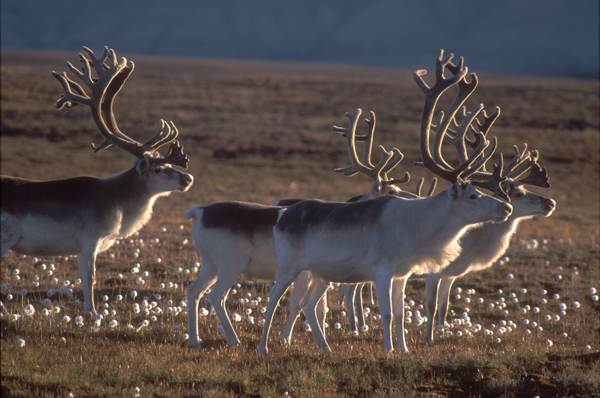
No caribou have been sighted on Somerset Island for over 20 years, explained Arctic Watch. These were photographed on Axel Heiberg Island, elsewhere in the High Arctic. Photo: Jerry Kobalenko
Furthermore, they pointed out that no caribou had been sighted on Somerset Island for 23 years, arguing their activities couldn’t scare away non-existent animals. Their position was supported by Aleeasuk Idlout, a local hunter and former HTO President.
Having successfully appealed the allegations, Weber Arctic, which lost millions in potential income due to the license revocation, now faces limited time to prepare for and market the 2025 season.
